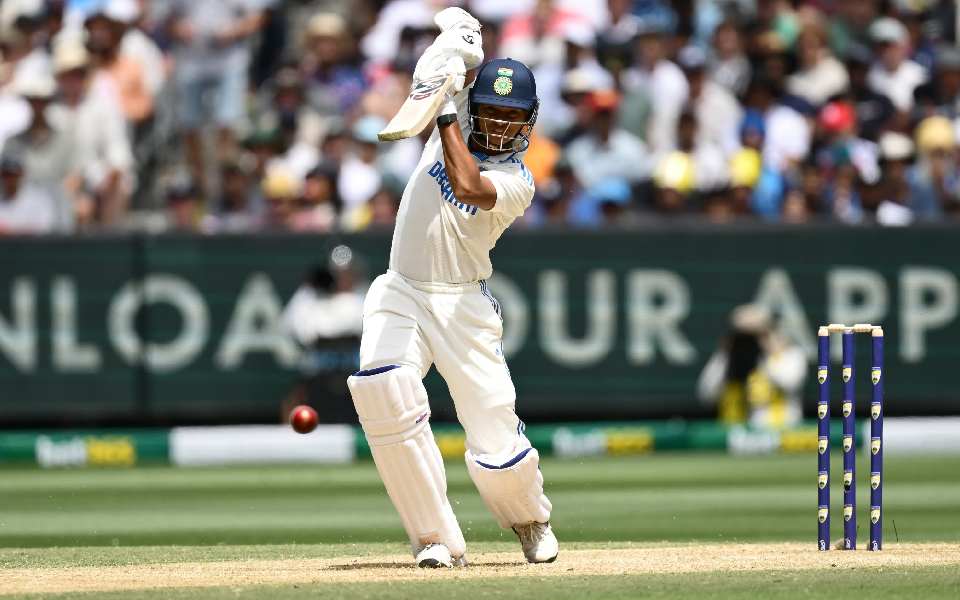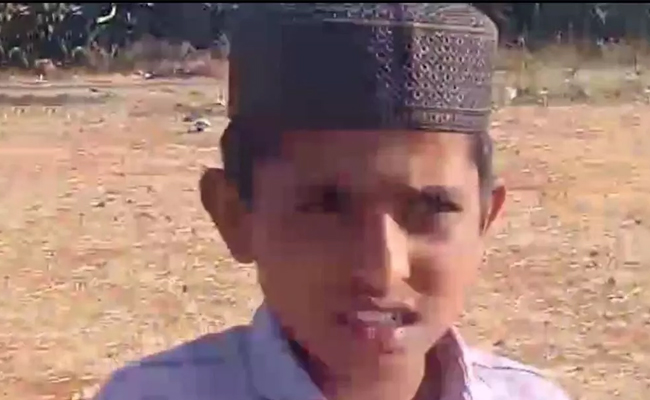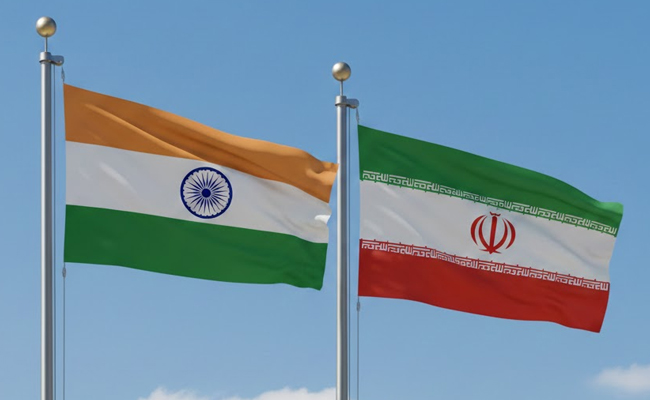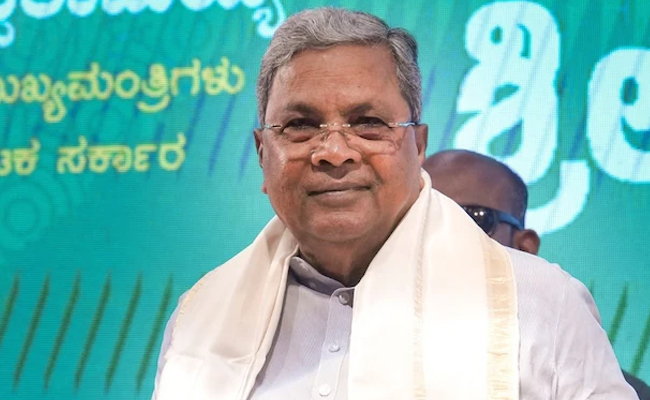Melbourne, Dec 27: India reached 164 for five at stumps on day two, trailing Australia by 310 runs in the fourth Test here on Friday.
Skipper Rohit Sharma (3) fell cheaply once again before Yashasvi Jaiswal (82) and Virat Kohli (36) steadied the ship with a 102-run stand.
Jaiswal was run out following a mix up with Kohli, who was caught behind in the following over.
Australia were all out after lunch with Steve Smith scoring his 34th Test hundred.
Resuming at their overnight score of 311 for six, the hosts added 163 runs on the day to post a commanding total.
For India, Jasprit Bumrah (4/99) and Ravindra Jadeja (3/78) shared seven wickets between them while Akash Deep (2/94) had two scalps.
Brief scores:
Australia 1st innings 474 all out in 122.4 overs (Steve Smith 140, Marnus Labuschgane 72; Sam Konstas 60; Jasprit Bumrah 4/99, Ravindra Jadeja 3/78.
India 164/5 in 46 overs (Yashasvi Jaiswal 82, Virat Kohli 36; Pat Cummins 2/57, Scott Boland 2/24).
Let the Truth be known. If you read VB and like VB, please be a VB Supporter and Help us deliver the Truth to one and all.
Davangere: A 14-year-old Class 9 student reportedly died of a heart attack in Goguddu village of Jagalur taluk early Monday morning.
The deceased was identified as Muzammil, the second of three children of Chaman Saab and Fatima. He was a student of Rajiv Gandhi Residential High School in Hanumanthapura village.
According to family members, Muzammil collapsed inside his house around 3 am after getting up. His parents immediately took him to a nearby hospital, but he reportedly died on the way.
Thippeswamy, secretary of Gyan Jyothi Vidya Sanstha, along with the headmaster and teachers of Rajiv Gandhi Residential High School, and residents of Goguddu village, expressed their condolences over the untimely demise.





